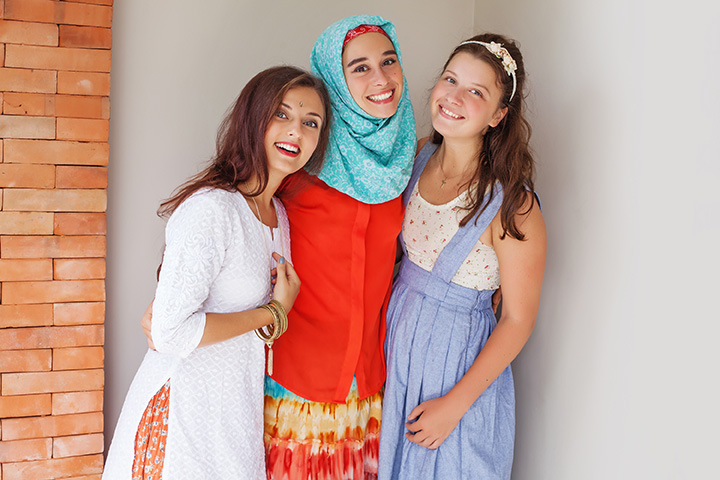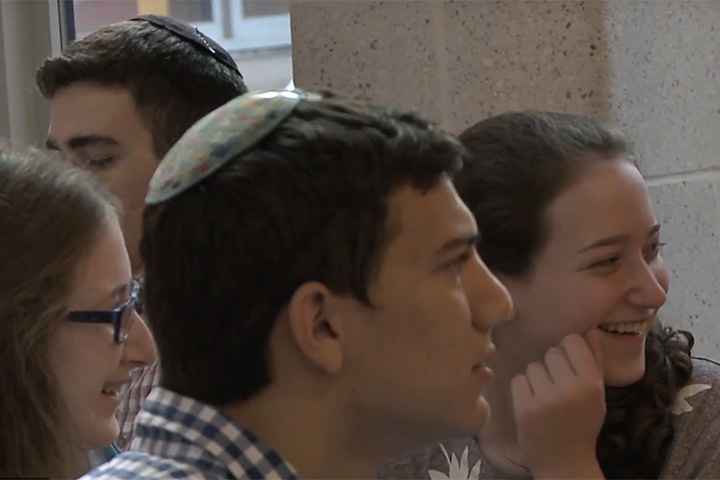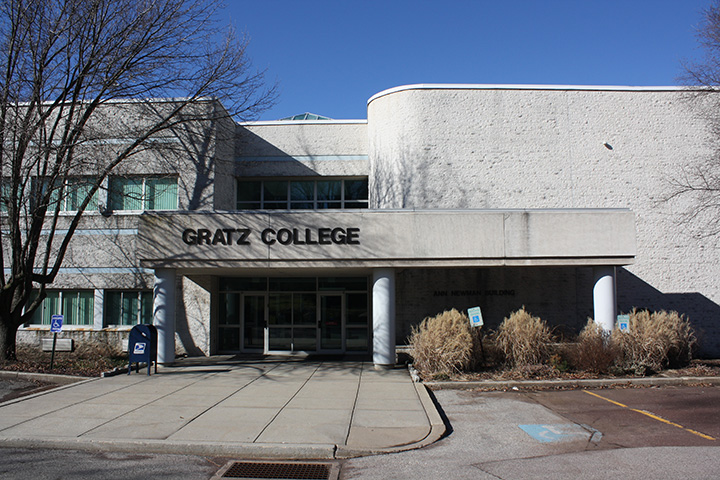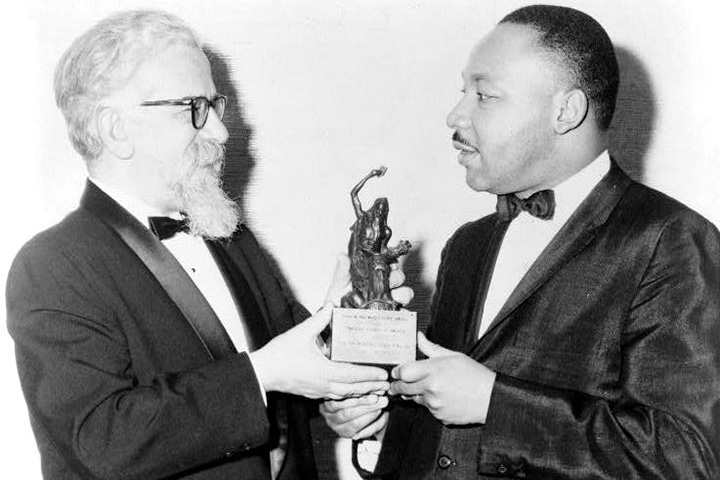The Jewish Community Day School in Watertown, MA, incorporates camp-like overnight trips as part of its Jewish environmental education curriculum. That is part of a broader push toward experiential learning and character formation.
According to University of Miami demographer Ira Sheskin, “Adults who had a Jewish overnight camp experience as children are significantly more likely to exhibit Jewish behaviors as adults.”
The experiential nature of summer camp is part of what makes it so deeply formative rather than merely educational. That’s the aim of the Jewish Community Day School. Oren Kaunfer, a former MTV producer turned spiritual educator, says, “When trying to describe my job, I do often say, ‘I bring camp to school.'”
“Everyone is sitting on the ground,” Kaunfer said. “It’s got a camp feel to it. It’s taking Jewish experiences and making them more memorable and exciting and deepening them.”
Ira Stoll, reporting for the Jewish Journal, wrote that the trend of Jewish schools trying to integrate the positive elements of camp life into the school year, without sacrificing academic rigor, “mirrors what’s going on in American education overall.” This involves an emphasis on informal, experiential, project-based learning rather than lectures, worksheets, and drills. The thinking goes that this approach will better prepare students to be lifelong learners in the global economy and the internet age.
The key, said Sheshkin, is to bring camp elements into the classroom in a way that enhances the school’s Judaic and academic rigor.
The practices of a school are critical to students “catching” the character of the school, write James Davison Hunter and Ryan S. Olson in The Content of Their Character, which summarizes the findings of the School Cultures and Student Formation project from the Institute for Advanced Studies in Culture. In the schools studied—including Jewish day schools—they conclude, “The moral and missional ethos of a school was reinforced through a range of practices, or routinized actions—some formal, some informal—all oriented toward giving tangible expression to the school’s values and beliefs.”
The experiential nature of summer-camp-like activities are ideal for giving expression to the school’s values and beliefs—and making those values stick. “It’s taking Jewish experiences and making them more memorable and exciting and deepening them,” says Kaunfer.
Making formative learning experiences memorable is critical for schools interested in character formation. For schools that can’t do overnight experiences, project-based learning is one way to strengthen the formative practices of a school.







